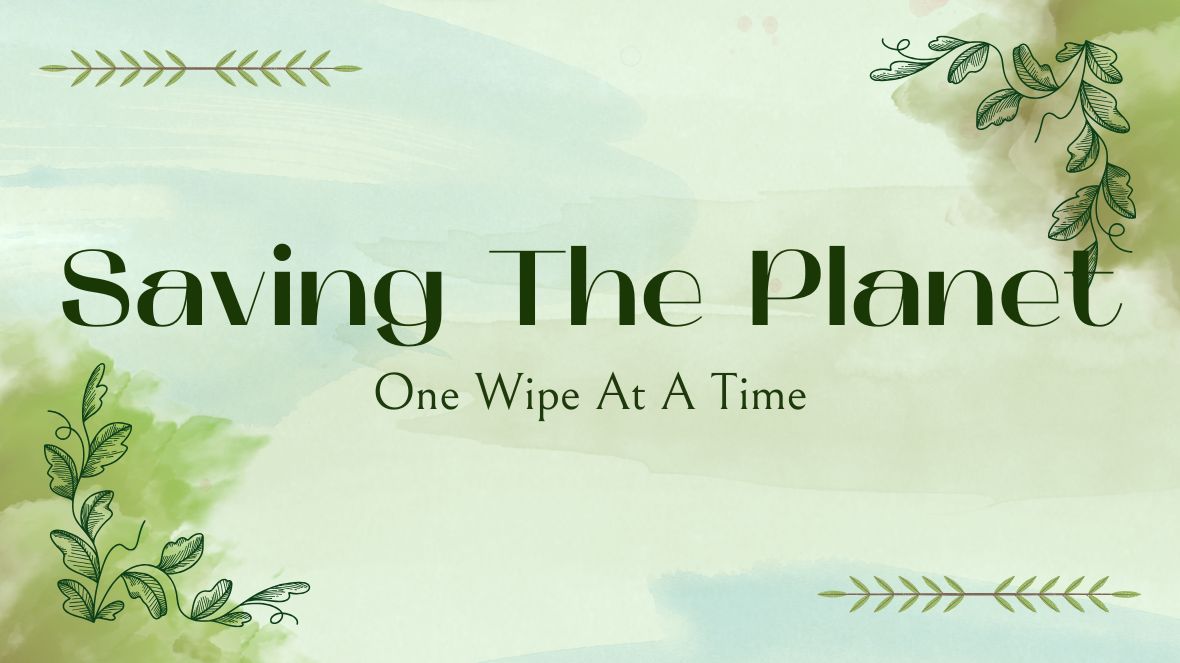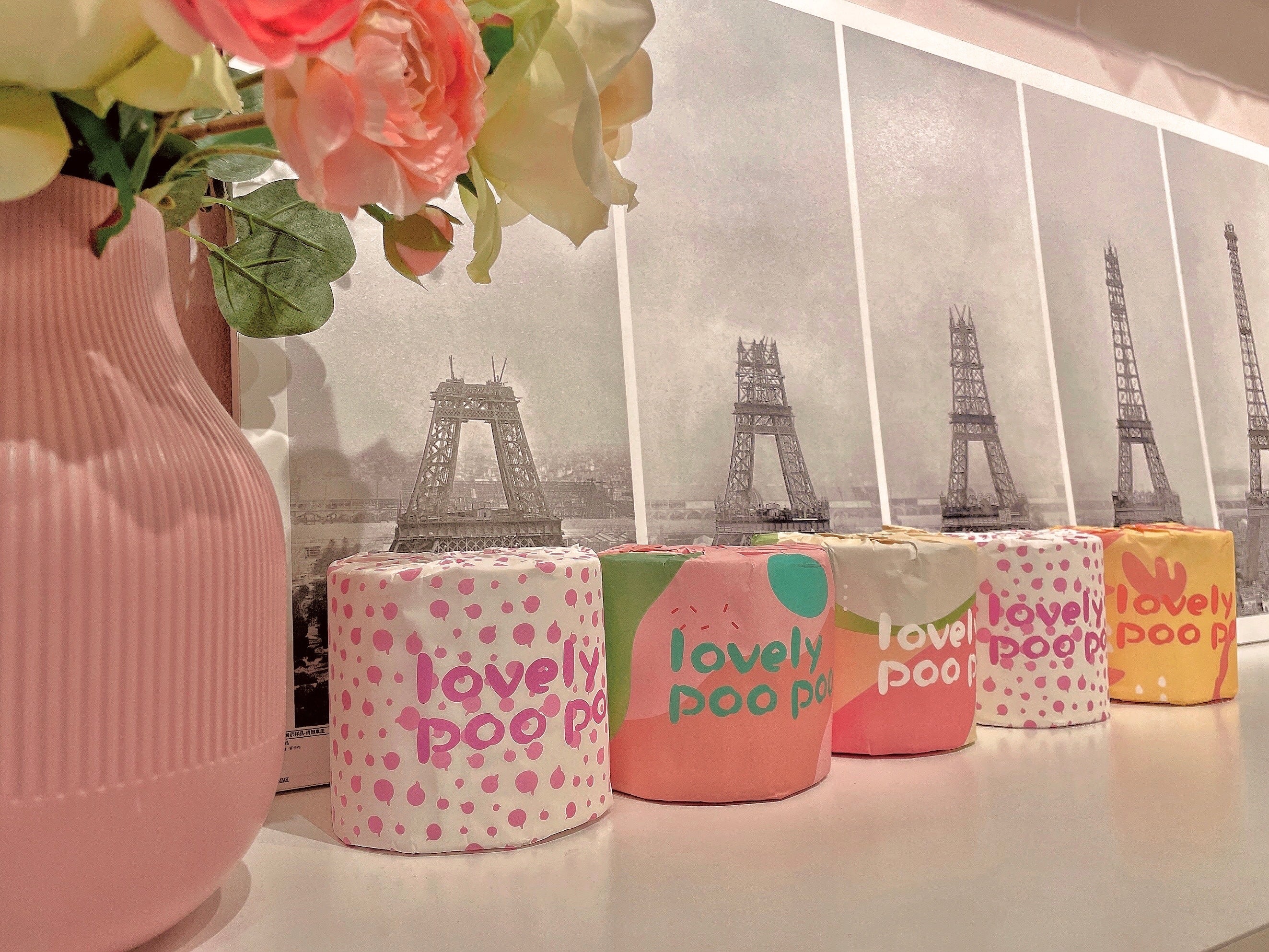In our fast-paced, modern world, it's essential to reflect on the choices we make, especially when it comes to the products we use daily. One such product that has gained traction for its positive impact on the environment is bamboo toilet paper. In this blog post, we'll delve into the world of bamboo toilet paper, exploring its environmental benefits and how it contributes to combating the greenhouse effect.
Why Bamboo Toilet Paper?
- Rapid Growth and Renewable Resource:
- Bamboo is renowned for its astonishing growth rate. Unlike traditional hardwood trees used for paper production, bamboo can grow up to 39 inches in just 24 hours!
- It's a highly renewable resource, with some bamboo species reaching maturity in just three years, making it an ideal choice for sustainable paper production.
- Minimal Environmental Impact:
- Bamboo cultivation requires significantly less water compared to traditional trees, reducing the strain on water resources.
- Unlike conventional paper production, bamboo does not rely on harmful chemicals and pesticides. This makes bamboo toilet paper a cleaner and more environmentally friendly option.
- Carbon Sequestration:
- Bamboo has a remarkable ability to absorb carbon dioxide (CO2) from the atmosphere. As it grows, bamboo sequesters more carbon than most trees, playing a crucial role in mitigating the greenhouse effect.
The Greenhouse Effect and Climate Change
Now that we understand the positive aspects of bamboo toilet paper let's explore how it contributes to combating the greenhouse effect, a key player in climate change.
- Reducing Deforestation:
- Traditional toilet paper is predominantly sourced from hardwood trees, contributing to deforestation. The loss of trees means fewer organisms to absorb CO2 and an increase in greenhouse gas emissions.
- Bamboo toilet paper provides a sustainable alternative, minimizing the impact on forests and helping maintain the delicate balance of our ecosystems.
- Carbon Footprint Reduction:
- The production of bamboo toilet paper emits significantly less carbon compared to traditional paper production. This reduction in the carbon footprint contributes directly to lowering overall greenhouse gas emissions.
- Promoting Sustainable Practices:
- By choosing bamboo toilet paper, consumers send a powerful message to industries about the demand for sustainable and eco-friendly products. This, in turn, encourages more companies to adopt environmentally conscious practices.
Understanding the positive environmental impact of bamboo toilet paper is the first step towards making informed choices. Let's delve deeper into the educational aspects of this sustainable choice.
- Bamboo Lifecycle:
- Illustrate the lifecycle of bamboo, from planting to harvesting and production. Emphasize how this process is cyclical and minimizes waste.
- Comparison with Traditional Toilet Paper:
- Provide a side-by-side comparison between bamboo toilet paper and traditional alternatives. Highlight the environmental toll of traditional paper production and the benefits of choosing bamboo.
- Biodiversity Preservation:
- Discuss the importance of biodiversity and how bamboo cultivation protects ecosystems by preserving habitats for various species.
So. . . .
Opting for bamboo toilet paper is a small yet impactful choice that each of us can make to combat the greenhouse effect. As consumers, we hold the power to drive positive change through our choices. By embracing bamboo toilet paper, we not only contribute to environmental conservation but also advocate for sustainable practices within the industry.
Let's unite in making conscious decisions for a greener, healthier planet. Together, we can wipe away the environmental challenges we face, one bamboo sheet at a time.
Read more:
- Sowing Seeds of Change: A Journey Through the History of the Environmental Movement
- Healing the Earth: Unraveling the Mysteries of Acid Rain
- A Breath of Fresh Air: Demystifying WMO's Global Climate Observing System (GCOS)







